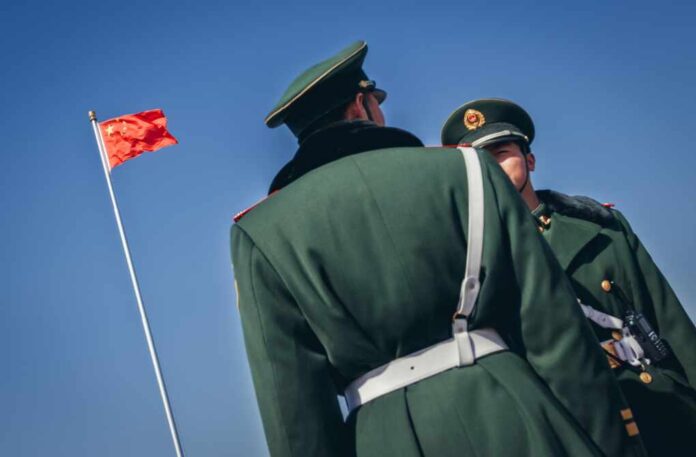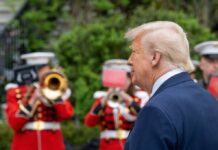
China has accused the CIA of “naked political provocation” after the agency released recruitment videos targeting Chinese officials to share state secrets.
At a Glance
- China condemned CIA recruitment videos aimed at Chinese officials as a direct attack on national security
- The videos appear designed to encourage disillusioned Chinese officials to leak confidential information
- CIA Director John Ratcliffe described the videos as part of modernizing intelligence gathering tradecraft
- Beijing has vowed to take all necessary measures to protect against what it calls “infiltration and sabotage”
- The incident adds to existing tensions in the US-China relationship amid ongoing espionage accusations
CIA’s Controversial Recruitment Campaign
The Central Intelligence Agency has sparked diplomatic backlash from Beijing after releasing a series of recruitment videos specifically targeting Chinese government officials. The videos, which appear designed to persuade potential informants to share classified information with American intelligence services, have been characterized by Chinese officials as a deliberate attempt to undermine China’s national security apparatus. Foreign Ministry spokesperson Lin Jian delivered a scathing rebuke, categorizing the CIA’s action as blatant interference in China’s internal affairs.
The recruitment materials represent an escalation in the ongoing intelligence rivalry between the two global powers. According to reports, the videos attempt to appeal to potentially disillusioned Chinese officials who might be willing to share state secrets with the United States. The CIA has defended the campaign, with intelligence officials describing it as merely one component of a broader strategy to modernize their intelligence gathering capabilities in response to evolving global threats.
Beijing’s Forceful Response
China’s reaction has been swift and unambiguous. Officials in Beijing have labeled the recruitment effort a “naked political provocation” that demonstrates American hostility toward China. The Chinese government accused the United States of employing “despicable methods” to steal state secrets and interfere in sovereign affairs. This language reflects the seriousness with which Chinese leadership views the CIA’s recruitment initiative, considering it not merely as standard intelligence work but as a deliberate campaign to destabilize China’s political system.
The Foreign Ministry’s statement emphasized that China would not stand idle in the face of what it perceives as foreign interference. “China will take all necessary measures to safeguard national sovereignty, security and development interests,” the spokesperson declared, suggesting potential countermeasures against what Beijing describes as American espionage activities. The statement notably avoided specifying what those measures might entail, leaving open the possibility of diplomatic, economic, or security responses.
Escalating Intelligence Rivalry
This latest confrontation occurs against a backdrop of increasing intelligence competition between Washington and Beijing. Both nations have repeatedly accused each other of espionage activities in recent years. Chinese officials referenced recent incidents including allegations of U.S. agents involved in cyberattacks against Chinese infrastructure. Meanwhile, American intelligence officials have long expressed concern about Chinese efforts to acquire advanced technology and trade secrets from U.S. companies and research institutions.
The timing of the CIA’s recruitment campaign coincides with a recent high-profile espionage case in China, where a Chinese engineer was sentenced to death for allegedly leaking state secrets to foreign entities. The convergence of these events has heightened tensions and reinforced Beijing’s narrative that foreign powers are actively working to undermine China’s security. CIA Director John Ratcliffe has defended the agency’s approach, stating that the videos represent necessary adjustments to intelligence tradecraft in response to evolving global challenges.
Implications for US-China Relations
Analysts suggest this public confrontation over intelligence activities could further complicate an already strained relationship between the world’s two largest economies. The exchange highlights fundamental differences in how each nation views the other’s intelligence operations. While the United States frames its activities as necessary information gathering about a strategic competitor, China characterizes American intelligence work as hostile interference designed to weaken Chinese governance and security.
The diplomatic fallout remains uncertain, but the incident adds another point of contention to a relationship already challenged by disagreements over trade practices, human rights concerns, and regional security issues. With China explicitly warning of countermeasures against what it calls “infiltration and sabotage,” the intelligence rivalry between these global powers appears poised to intensify rather than diminish in the foreseeable future.

























